Improving Self-Sufficiency
As an island nation, it is only natural for Japan to put emphasis on building a strong navy. But, any naval fleet would be rendered useless without sufficient fuel, as we have seen in throughout WW2.
Though Japan’s Maritime Self-Defense Force (JMSDF) has a total of five replenishment ships for long-term operations, these merely perform intermediary roles as the fuel is originally sourced from civilian refineries.
In essence, without stable supply from the refineries to each naval base, JMSDF ships would immediately become inactive, thereby making them sitting ducks in port.
Such fuel supply from refineries is outsourced to private contractors, which is nothing out of the ordinary, but it does contain a potential risk nonetheless.
While fuel shipments can take up to three months upon order during peacetime, the current law cannot enforce contractors to make wartime deliveries amid ongoing conflicts.
Basically, a contractor can refuse shipments without any serious penalties.
This obviously serves as a predicament for the JMSDF, whom wishes to be self-reliant as a military organization, thereby leading to the acquisition of their own oil tankers – the YOT-01 class.
Groundbreaking For JMSDF
- General Overview
| Displacement | 4,900 tons (standard) |
| Length | 105m (344.5ft) |
| Beam | 16m (52.5ft) |
| Crew | 14 people |
| Fuel Capacity | 6,000 kiloliters (1,585,000 gallons) |
| Unit Price | 30 million USD |
As JMSDF’s first oil tanker, the YOT-01 class is designed to transport fuel from the refineries to each naval base as well as managing inter-base deliveries.
The tanker features six fuel tanks capable of storing approximately 6,000 kiloliters (6 million liters) of diesel and aviation fuel. To put this figure into perspective, one kiloliter is enough for a typical destroyer to 40 km/25 miles.
What sets the YOT-01 class apart from any other JMSDF vessel is the introduction of individual rooms for the crew instead of the usual bunkbeds.
Such personal space was only possible due to the small crew size of just 14 people, but it does mark a notable improvement in JMSDF living quarters.
Like many other navies, JMSDF is struggling to recruit new sailors and retaining existing ones, though the lack of privacy has taken a significant toll on the already dwindling numbers.
In light of such headache, the YOT-01 tanker may provide some insight towards retention or at least mitigating the problem.
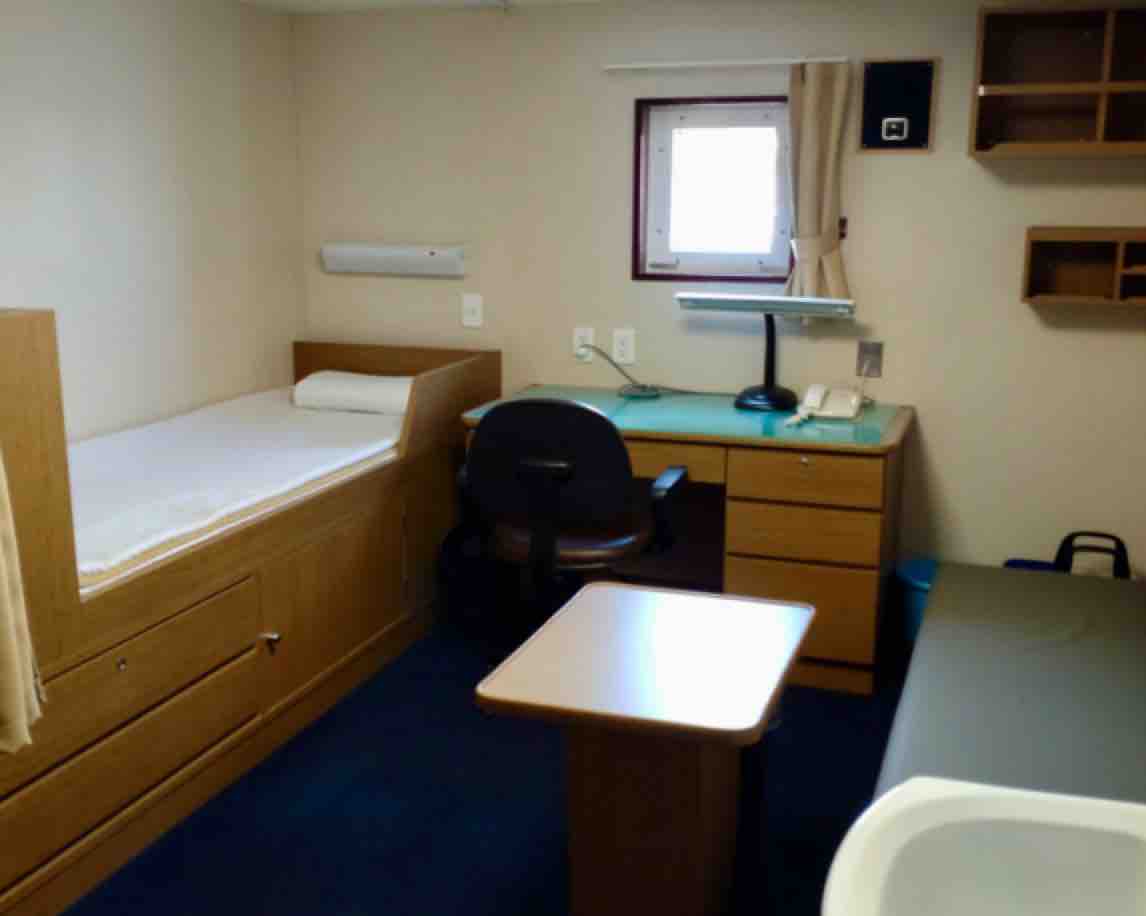 Crew can enjoy unprecedented privacy
Crew can enjoy unprecedented privacy
Now, JMSDF currently operates two of these tankers, each designated as YOT-01 and YOT-02, but there are no plans for further construction at the moment.
While two ships certainly cannot cover the fleet’s entire demand, it does contribute to reducing reliance on civilian tankers and increasing operational flexibility.


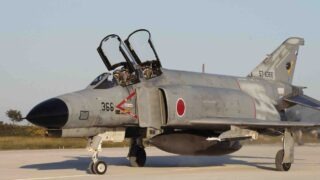
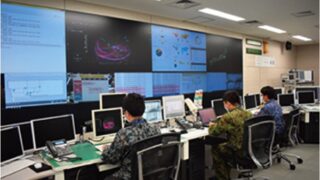

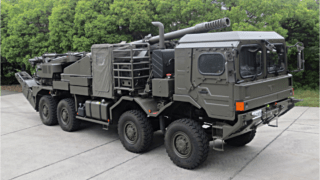

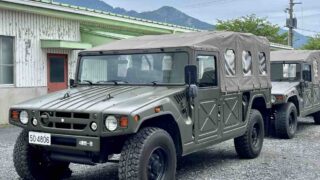
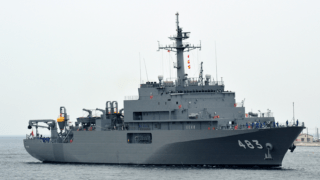
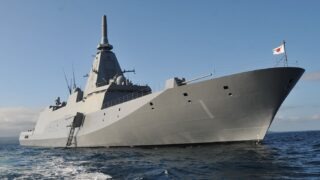

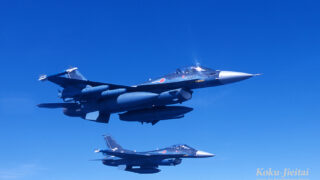



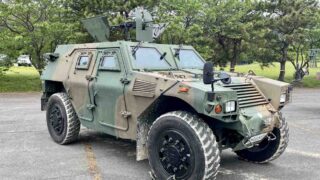
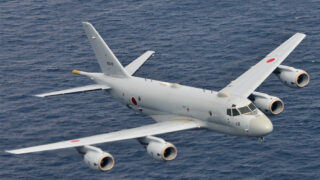
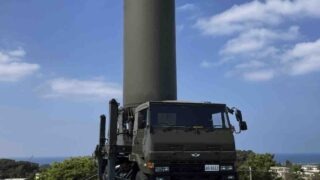

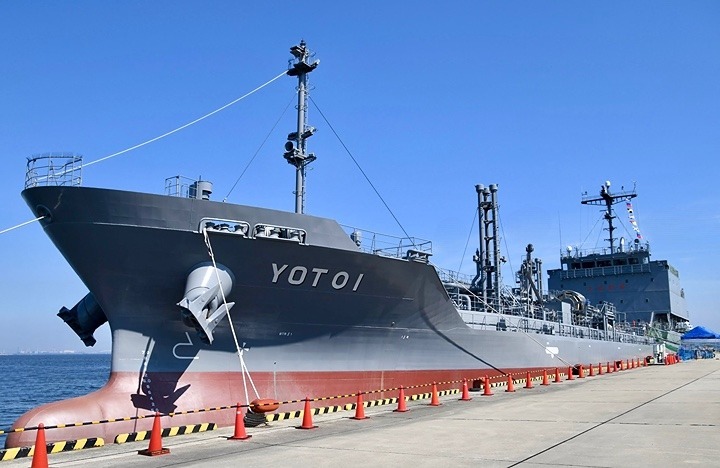
Comments